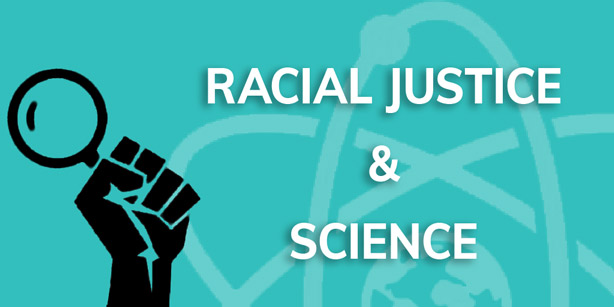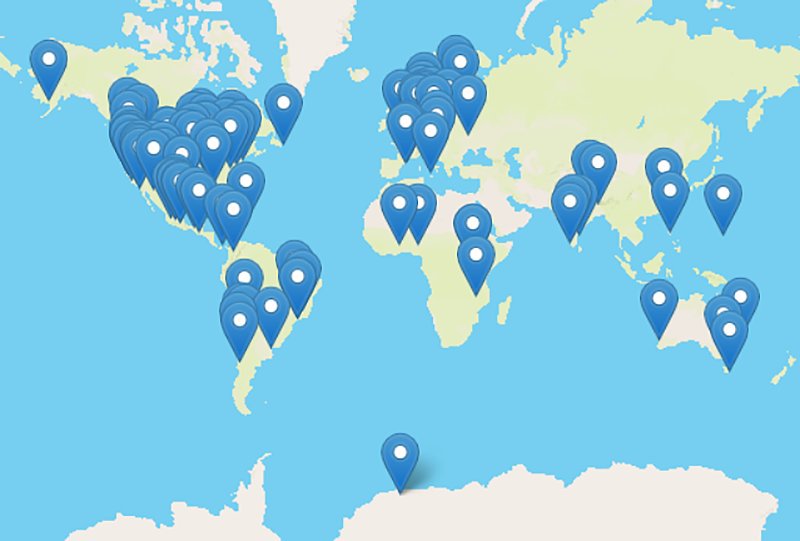
Planning to attempt sleep tonight? Never fear, science is here!
Sleep is a very interesting area of science. Sleep quality is associated with health measures that range from memory to heart disease to diabetes.
Sleep is a very interesting area of science. Sleep quality is associated with health measures that range from memory to heart disease to diabetes.
AND YET. No one really knows for sure why we do it.
Evolutionarily, losing consciousness for hours at a time puts you at increased risk of predation, so it must be very important for it to be worth it. But, we really don’t fully understand it.
newyorker.com/magazine/2017/…
Evolutionarily, losing consciousness for hours at a time puts you at increased risk of predation, so it must be very important for it to be worth it. But, we really don’t fully understand it.
newyorker.com/magazine/2017/…
One thing’s for sure, it’s that our sleep changed a lot when we became primates…
ncbi.nlm.nih.gov/pmc/articles/P…
ncbi.nlm.nih.gov/pmc/articles/P…
Humans haven’t always slept in an 8-hour chunk, and many societies still don’t. Humans love to nap! It also was not at all uncommon for pre-industrial societies (before the lightbulb) to wake in the middle of the night to eat, pray, or...you know. 😉
sciencealert.com/humans-used-to…
sciencealert.com/humans-used-to…
Humans also haven’t always slept alone. Solitary sleep is a rather new and Western thing. Communal sleep was the norm before people started to have separate rooms in their houses. Anthropologists view sleep as an *intensely* social human behavior.
atlasobscura.com/articles/commu…
atlasobscura.com/articles/commu…
We also don’t start out life sleeping in a big chunk. Babies sleep in 2-3 hour bits, separated by wakings to seek food, comfort, or temperature regulation. They also spend more time in REM sleep than adults.
basisonline.org.uk/normal-sleep-d…
basisonline.org.uk/normal-sleep-d…
Of course, we know what you’re really here for. If you’re having trouble sleeping, google “sleep hygiene.” In brief, caffeine, alcohol, and light from the blue end of the spectrum (i.e. screens) in the evening are BAD for sleep. (Sorry!)
ncbi.nlm.nih.gov/pmc/articles/P…
ncbi.nlm.nih.gov/pmc/articles/P…
Remember the rods and cones in the back of your eyeball? Well there’s another kind, more recently discovered, that catch the blue light, and suppress the production of melatonin (the sleep hormone). They have a dope name: intrinsically photosensitive retinal ganglion cells!
A couple hours before bed, turn all the lights down low. Make sure your house has incandescent lights to use to minimize blue-spectrum light. Blue-spectrum blocking glasses may help as well.
It really cannot be overstated how solid the science is on these simple interventions. If you see a sleep doc, the FIRST 2 things they will tell you to do is ease up on the caffeine in the afternoon/evenings, and turn off the screens in the hours leading up to bedtime.
Another thing that seems too simple to be true but is very effective: Progressive relaxation. This has been utilized by the military for years to help soldiers fall asleep quickly when there was limited time window for sleep.
Seriously, try it.
va.gov/vetsinworkplac…
Seriously, try it.
va.gov/vetsinworkplac…
But if you’re the sort that has a hard time being left alone with their thoughts, which let’s be honest is completely understandable these days, we recommend the original Cosmos. The music is so soothing!
If all else fails, it’s okay if you don’t sleep. The world will keep spinning. Find an activity that does NOT involve screens, do that activity for 30 minutes, then try again.
@dearestscooter can keep you company as long as you need it.
sleepwithmepodcast.com
@dearestscooter can keep you company as long as you need it.
sleepwithmepodcast.com
@dearestscooter (Obviously we are not your doctor so if you have persistent trouble see a sleep specialist! They know their stuff!)
• • •
Missing some Tweet in this thread? You can try to
force a refresh







